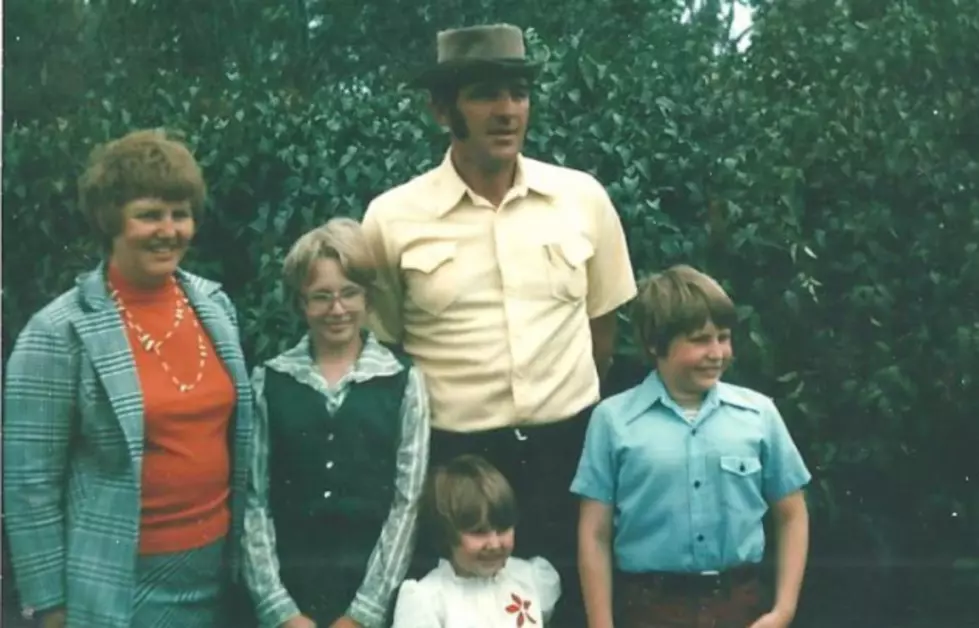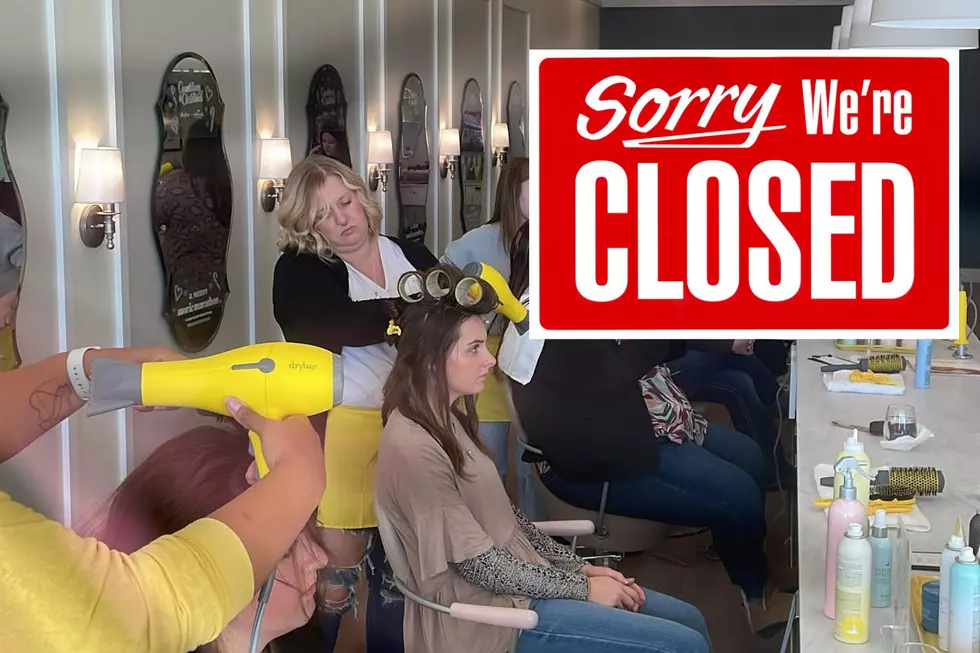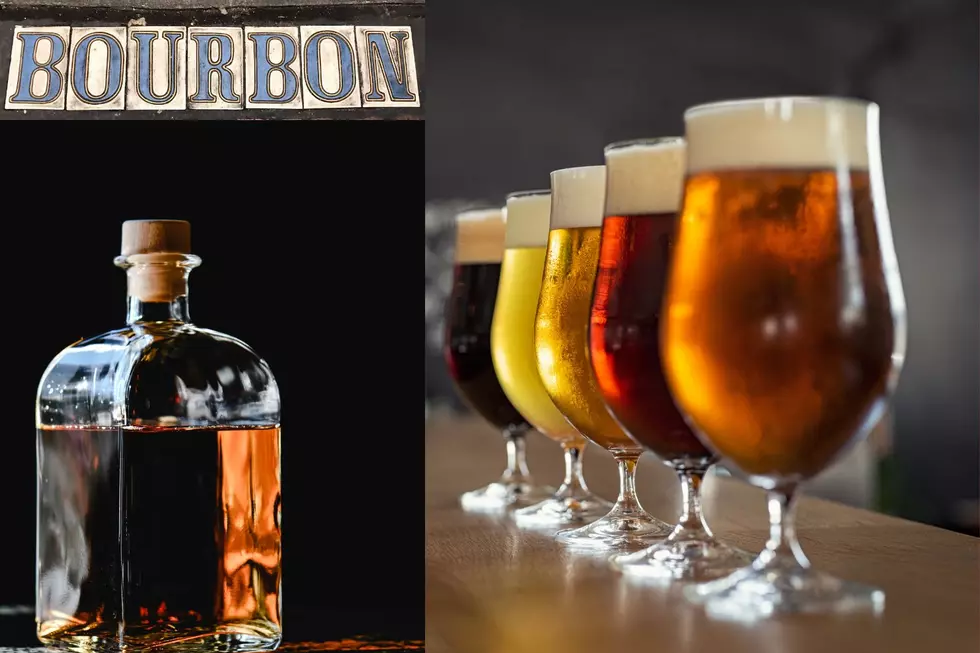
Fathers from the past Can Still Influence the Present
Think about how many memories can be made over a lifetime. This was an opportunity to capitalize on those recollections of people from the past.
I am blessed to say I still have my parents with me. However, my memories of their parents are of the second-hand variety.
It was a Father’s Day quest to learn more about my parents’ development by asking questions. For this exercise, I think there was some hesitancy. They set aside their fears long enough to shed light on people that were gone before my third birthday.
Mom did research (which meant talking with her sisters) and had a neatly typed synopsis some of which is found below. Dad had the ability to collect his thoughts and share elements about his father’s abilities with little preparation or hesitation.
What were the initial takeaways? My family is awash in rich history that originates in Germany on both sides plus dashes of discipline, entertainment and integrity.
My Father’s dad was a hard working farmer in his working life plus a horse-whisperer. If not working, Grandpa Herman would take the kids fishing. Living in South Dakota most of his life and being a son of German immigrants, it's still unclear how he picked up the nickname of "Swede". It definitely was not because of his hair color. Though he did not finish high school, Herman served on the school board and was a sympathetic ear to those who had an educational issue. That accomplishment really stuck with my Dad. "Back when you're a kid, you don't tell your Dad that you're proud of him but I was (proud of him)."
It must have been quite a leap to enter the United States from Germany for Grandpa Gerhardt at 16 years old in the throes of economic uncertainty. From Ellis Island to Idaho, Gerhardt learned the English language and honed his pinochle-playing skills as he too embarked on a farming career. Then the Trinity took a pivotal role in the life as a marriage to Edna Meyerhoff were married on Easter (1937), Gerhardt died on Easter (1973) and Edna joined him in eternity on Easter seven years later. One other note that should be mentioned. My mother never physically met her paternal grandparents as they stayed in Germany through World War II and reconstruction.
I hold these pieces of my parent’s fathers close to my heart as a tribute. Happy Father’s Day.
Gerhardt Meyer immigrated from Fischerhude, Germany in 1932. He was 16 when he arrived in the New York area and took a job setting up bowling pins. He found his way to an area of Idaho called Magic Valley near the small town of Eden. He asked a farmer for work and was told to learn English before he would be hired so he went to a Lutheran parochial school in the area to learn that language. He had a bit of an accent but because of WWII his children did not learn to speak German.
Dad found his soul mate, Edna Meyerhoff, and was married on Easter in 1937. They farmed on some rented property raising wheat, beans, alfalfa and potatoes. When WWII began Dad had 3 daughters and was told to continue farming and to take care of his family. Two sons were added to the family in the late 40’s and early 50’s.
The crops were irrigated using siphon tubes and corrugated fields. Dad always had a shovel on his shoulder when he was headed to do the irrigating. Dad was one of the first farmers in the area to buy a John Deere tractor so he could be heard coming home for dinner. He had a cow featured in the paper that had live triplets. My oldest sister was Dad’s hired man. She was especially valuable when he came down with Rocky Mountain Spotted Fever from a tick that a sheep had in its wool.
When mom got sick with rheumatic fever you could find Dad hanging clothes on the line even during the winter. Since there was no dryer the frozen jeans were ironed before they were worn again. Dad would eat all the food Mom raised in the garden except for tomatoes. Those were only to be eaten by redheads since most of the family had red hair.
Dad had learned some butchering techniques from his dad in Germany so when the relatives got together for the yearly butchering event Dad was in charge. Not only did they have the usual pieces but they also made sausage that was hung in the cellar to be cured. One of the kinds was blood sausage with a tongue inside.
Dad was very frugal so we would go fishing at Magic Valley Reservoir only after it had rained. He’d rent a boat and we’d catch over 200 perch that were brought home and frozen for later use. There was a theater in town and Dad made sure the movies we saw were G rated. We did get to go see the Twin Falls Cowboys, which was a semi pro baseball team. It wasn’t until 1960 that a black and white TV was purchased. Prior to that Dad listened to the Grand Ole Opry on the radio.
Church was one of Dad’s priorities. Sunday was a day of rest and attending Sunday School and church was important. The kids attended a parochial school until it closed. His daughters were always the last girls to get clothes, that were in fashion, since he felt it improper to show legs. It took a long time to get him to back down from this idea.
His discipline was a wire fly swatter which hurt but it was effective. He insisted on a curfew but since the coo coo clock cooed every 15 minutes there was leeway. Discipline for his SD grandchildren was a piece of candy corn he carried in his pocket.
Dad made sure that we were able to have an education we could use for a chosen career. Millie went to a hair stylist school, Linda went to business school, Marianne went to college for a teaching degree, John and Don were both able to get some further education before they helped on the farm.
It was ’73 that Dad had a heart attack on Easter. He had told Mom this is going to be the best Easter ever and that if he could sing he would sing, “Jesus Christ Is Risen Today”! Then he went to be with his Savior.
Thanks Dad for the wonderful memories.
See Also:
More From KXRB









